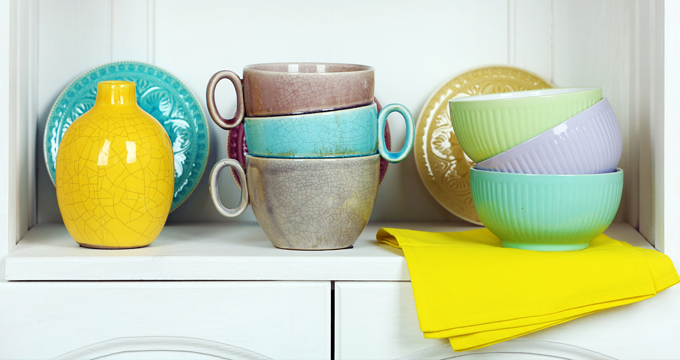
Special Note: This article is part of an intentional home series by Davonne Parks. To view the rest of the articles in this series, go here.
Money was tight. We were young, newly married, figuring out how to make our way in the world, and often scrimping to get by. Though we didn’t solicit help, we did gratefully accepted each hand-me-down that was offered to us, from furniture and clothes to vehicles and toys.
The very thought of giving away any one of those items felt incredibly wasteful because we never knew when we might need something we didn’t have the cash to buy.
As the time passed, however, many items started to feel like burdens instead of blessings. Entire rooms in our home couldn’t even be used because of the excess. The things we had saved “just in case” were filling in the spaces. And with a preschooler in the house and a new baby on the way, we needed the extra space more than we wanted the additional stuff.
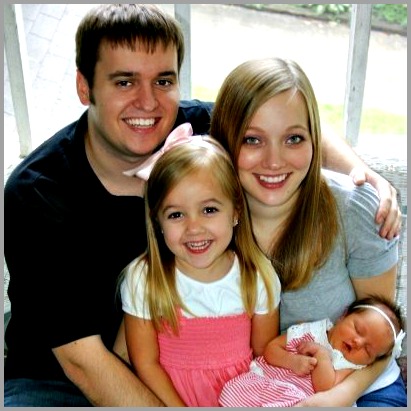
We also needed to trust that God would provide our needs.
“Therefore I say to you, do not worry about your life, what you will eat or what you will drink; nor about your body, what you will put on. Is not life more than food and the body more than clothing Look at the birds of the air, for they neither sow nor reap nor gather into barns; yet your heavenly Father feeds them. Are you not of more value than they?” Matthew 6:25-26
As I wrestled through the emotions of knowing something needed to change, I finally realized the waste was not getting rid of things – the real waste was hanging onto items that were rarely used.
Some of the items could be enjoyed by someone else who needed them. Other things simply needed thrown away. But all of those rarely-used items had one factor in common: They were preventing my family from truly enjoying our home. The stuff was pushing out space.
And we needed the space. For life, for love, for creating memories, and for having room to invite others in without hesitation.
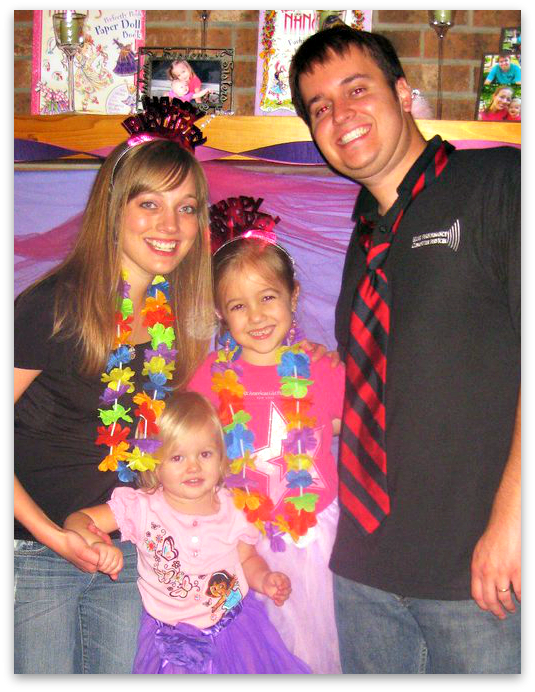
Figuring out what caused me to hang onto stuff was pivotal in my own journey towards creating a clutter-free life. Because until I understood the inward why, I would never make lasting progress about the outward mess.
I don’t know what’s been causing you to hold on to your own possessions. Maybe you had a house fire that caused you to lose everything, so now you want to keep what you can. Maybe a family member died suddenly and things are all you have left. Perhaps someone else threw your possessions away, making you feel like what you had wasn’t valued. Or, maybe you’re following patterns of those who raised you because you were never taught to clean.
Whatever has been holding you back, whatever you’ve been fighting against – that doesn’t have to define your future. You do not have to give your past experiences permission to rule your life. You can take back your time. You can be free.
Here Are 7 Simple Ways to Begin Your Own Journey To A Clutter-Free Life:
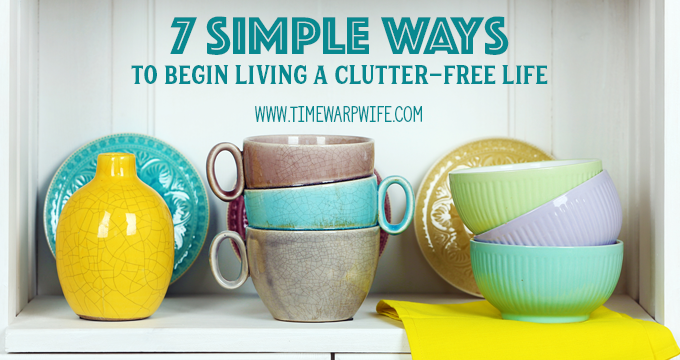
1) Identify what’s been holding you back.
Think about what has happened in your life that’s made you resistant to, or afraid of, letting go of your possessions. Honor your memories, and spend time in prayer and scripture if you need to emotionally relive painful experiences in order to heal. Give yourself time to process what’s been holding you back.

2) Talk to someone about your reservations.
Tell a trustworthy friend, share with your spouse, call a counselor, open up in the Tidy Up Facebook community, or leave a comment on this post. Seek out kind truth-tellers who can help you process your emotions.
3) Imagine that your home is already organized.
Close your eyes and pretend your home is clutter-free, organized, and peaceful. How do you feel? How does your home look? Do you notice all the extra space that’s available when stuff isn’t blocking the way?
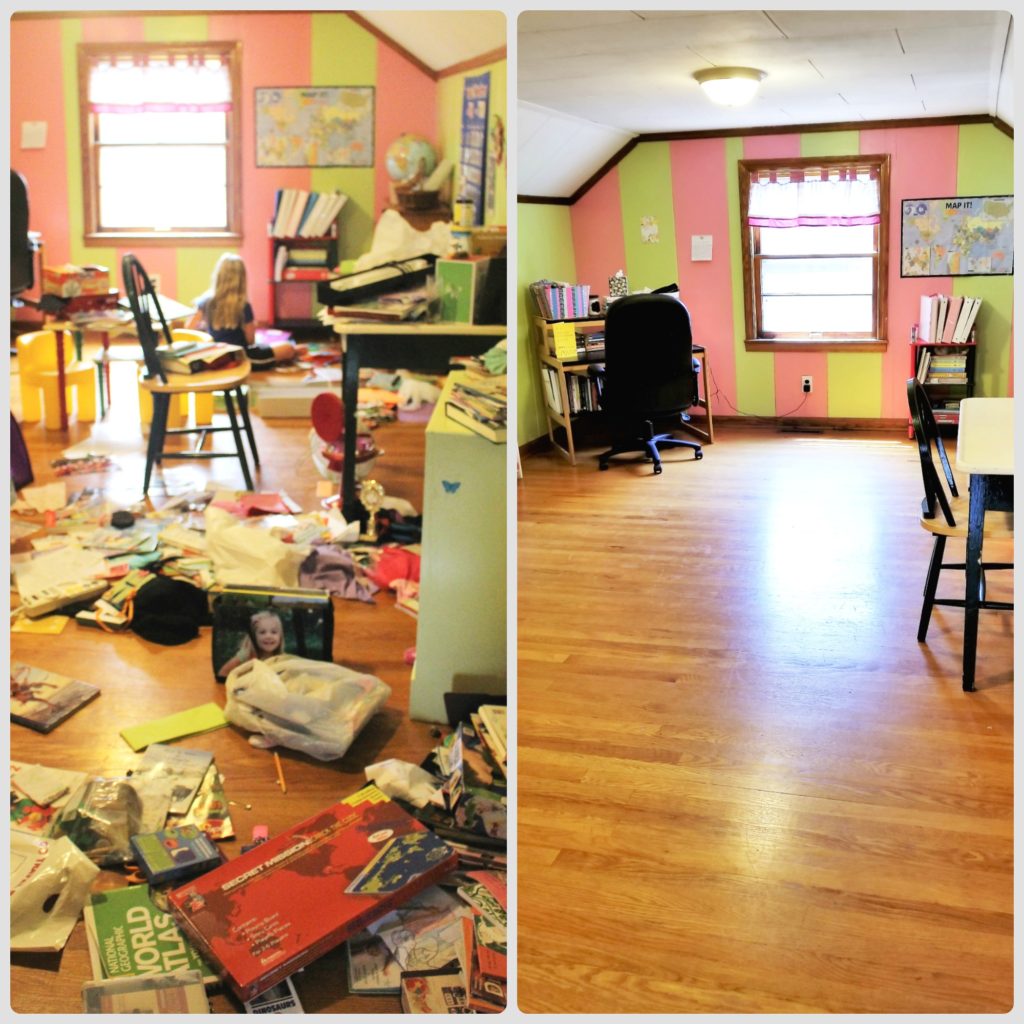
4) Give yourself a quick success.
Clean out one small area in your home. It can be a dresser drawer, one shelf in the bathroom closet, your medicine cabinet, or your coffee table. Donate or toss anything you don’t use often. Work on this space until it’s completely organized, then notice how energized and amazing you feel when you’re done.
5) Focus on one room at a time.
Add another quick success to the first. Clean out a second dresser drawer or a different kitchen cabinet in the same room you worked on in step 4. Continue doing this, giving yourself several quick successes in a row, slowly building to the more difficult areas. Whether it takes one day or three weeks, keep working in this room until it’s 100% clutter-free and organized.
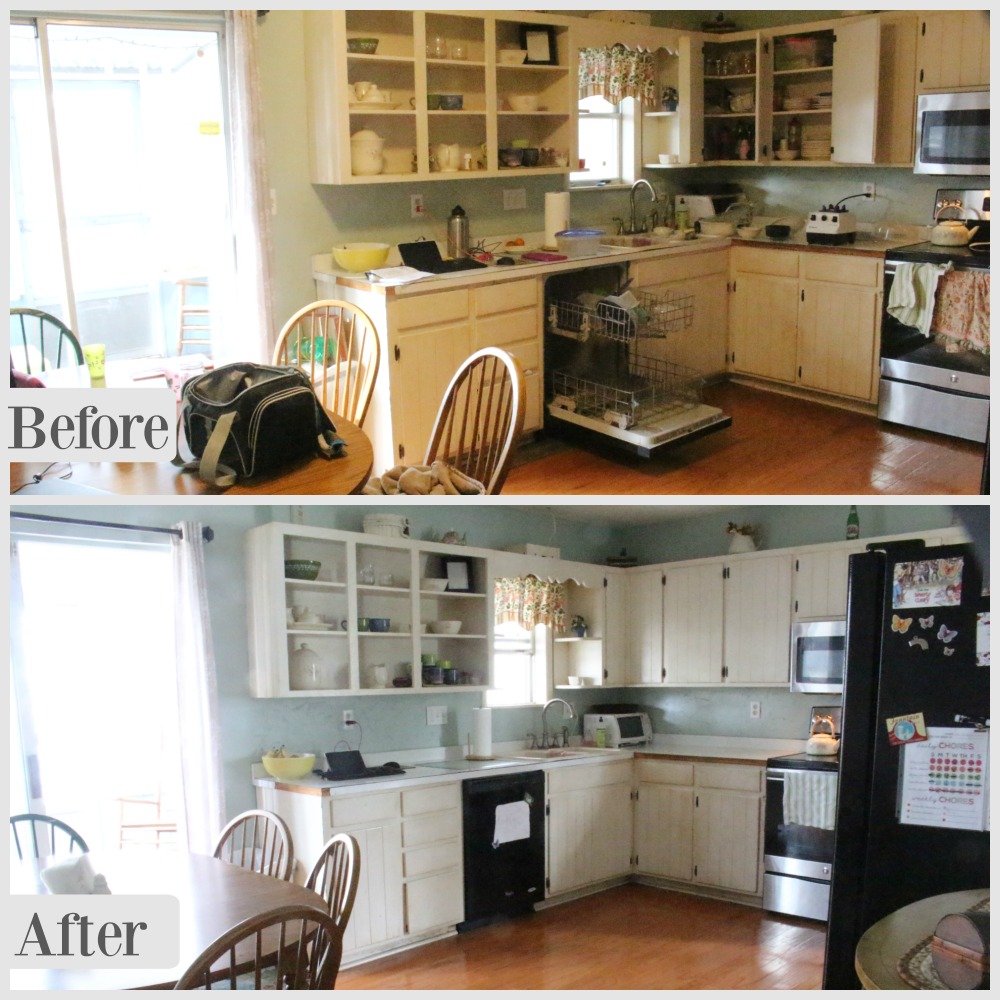
6) Have a maybe box.
Don’t allow yourself to become mentally paralyzed by indecision. Have a box or basket ready for those tough-to-decide items. If you look at something for more than 10 seconds, toss it into the maybe box.
Come back to that box after the rest of the room is finished – it’s often easier to make a decision for those items when you know there’s only one measly box standing between you and a finished project.
7) Remember that throwing away items doesn’t erase memories.
People give us things to bless us. If you’re burdened by rooms full of stuff you rarely use, the items are no longer serving the giver’s intended purpose. Letting go of the item doesn’t erase the original blessing, and it certainly doesn’t erase any memories. Not at all.
Giving away unneeded items creates space for new memories, while still honoring the old.
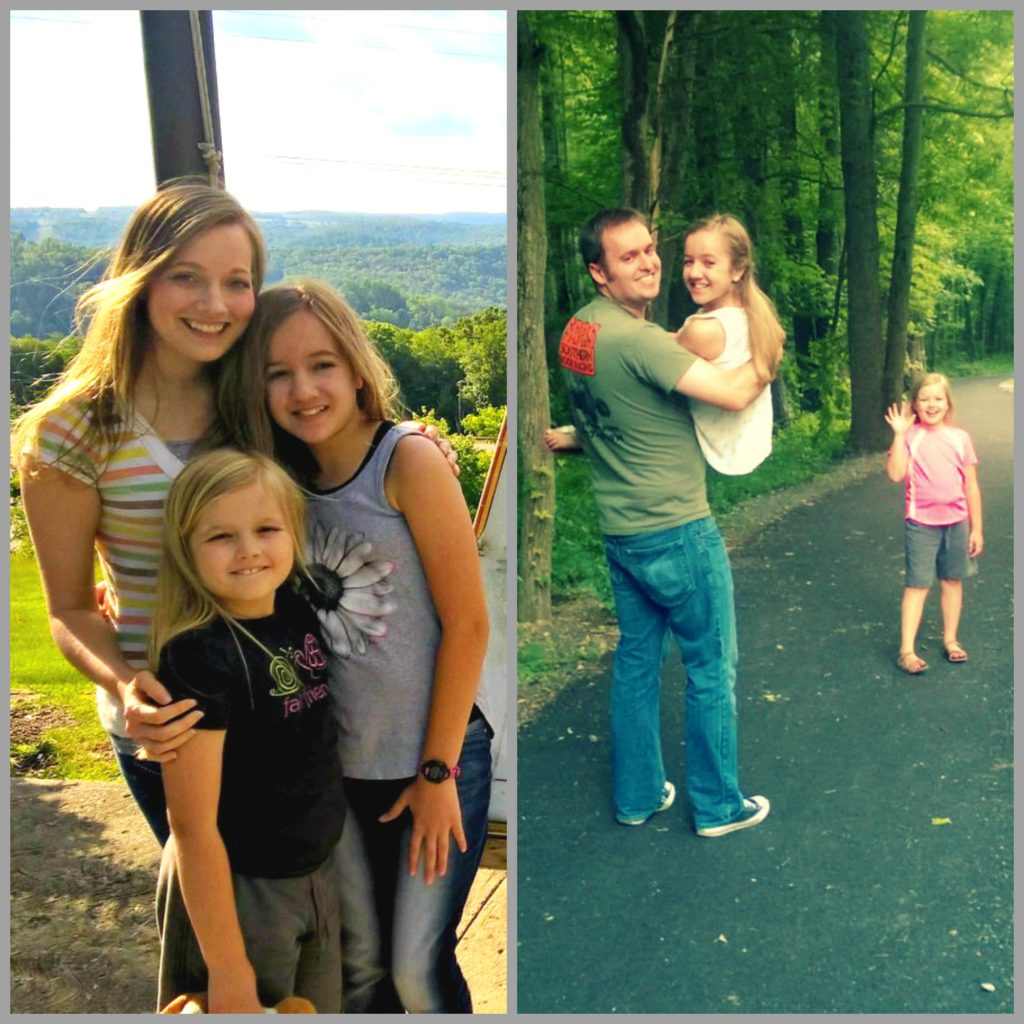
Personal Thought/Application Question: What’s been holding you back from decluttering, and how are you going to work to overcome that?
******************************************
 Davonne Parks believes that your role at home is valuable and she wants to help you thrive in your environment. Click here to receive immediate access to the FREE printable library she created just for you.
Davonne Parks believes that your role at home is valuable and she wants to help you thrive in your environment. Click here to receive immediate access to the FREE printable library she created just for you.

